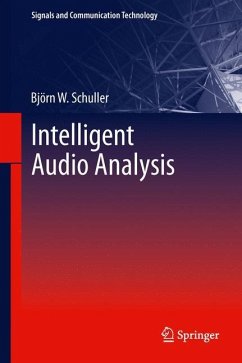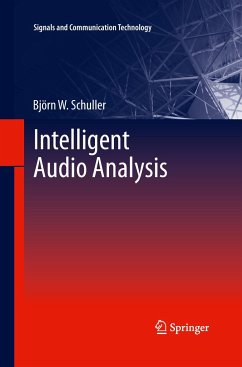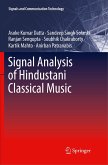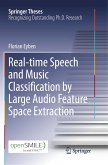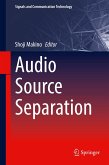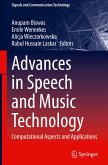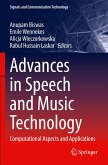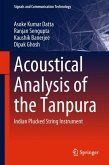This book provides the reader with the knowledge necessary for comprehension of the field of Intelligent Audio Analysis. It firstly introduces standard methods and discusses the typical Intelligent Audio Analysis chain going from audio data to audio features to audio recognition. Further, an introduction to audio source separation, and enhancement and robustness are given.
After the introductory parts, the book shows several applications for the three types of audio: speech, music, and general sound. Each task is shortly introduced, followed by a description of the specific data and methods applied, experiments and results, and a conclusion for this specific task.
The books provides benchmark results and standardized test-beds for a broader range of audio analysis tasks. The main focus thereby lies on the parallel advancement of realism in audio analysis, as too often today's results are overly optimistic owing to idealized testing conditions, and it serves to stimulate synergies arising from transfer of methods and leads to a holistic audio analysis.
After the introductory parts, the book shows several applications for the three types of audio: speech, music, and general sound. Each task is shortly introduced, followed by a description of the specific data and methods applied, experiments and results, and a conclusion for this specific task.
The books provides benchmark results and standardized test-beds for a broader range of audio analysis tasks. The main focus thereby lies on the parallel advancement of realism in audio analysis, as too often today's results are overly optimistic owing to idealized testing conditions, and it serves to stimulate synergies arising from transfer of methods and leads to a holistic audio analysis.

